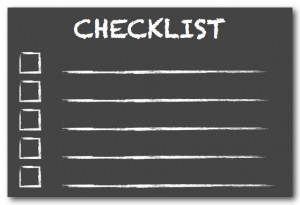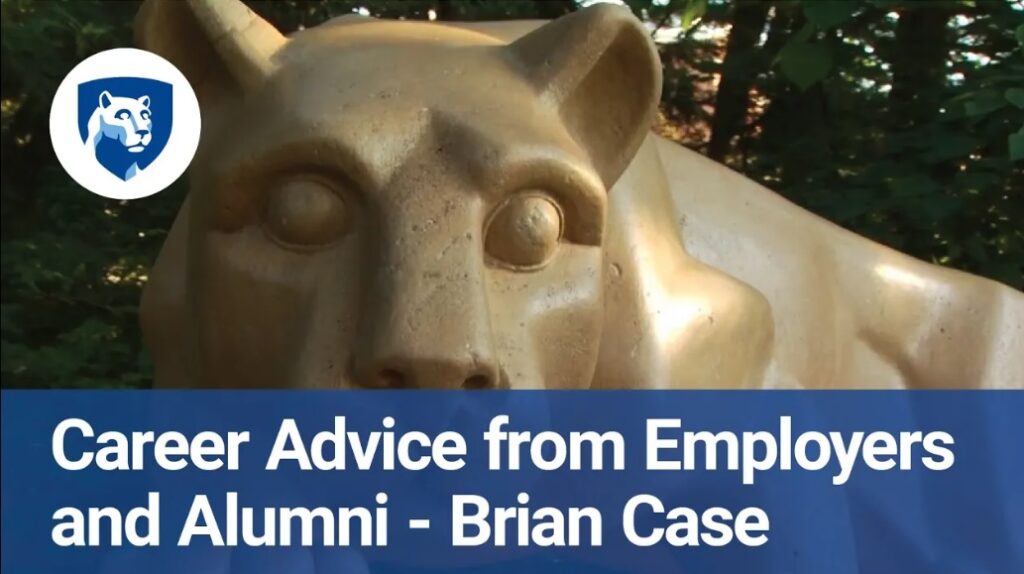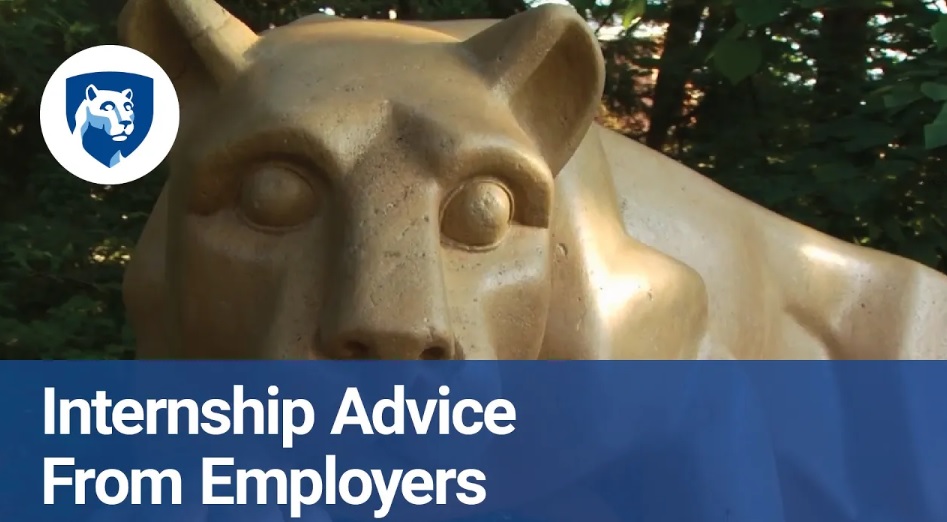When people talk about career changes, they often equate this idea with changing companies. However, many adults return to college to advance or change their career while planning to stay with their current employer. Here are some considerations when making such a change, starting with self-assessment. I will cover more considerations in a second blog post.
Self-assessment is the first step.
As you think about changing or advancing your career, it helps to know who you are, what you have been doing, and who you are in the process of becoming. There are aspects of you and the work you’ve done that can inform the direction that you will go in the future. It is important to be able to articulate who you are and what you offer an employer before you explore your options, because knowing yourself makes it easier to recognize a good job fit when you see one.
What do you enjoy?
It is useful to understand your interests, values, and skills, among other factors (e.g., personality, aptitude), when considering a change. For example, one way to think about interests is to consider what aspects of your current work you like the most. Most people are interested in some job responsibilities more than others. Suppose you are someone who spends your days with a computer working with numbers (data) but who really wants to manage co-workers (people). If you prefer to lead and mentor, but your job requires you to analyze or compile data, this may lead you to feel disinterested in your work. When you take the time to consider what you like and dislike about your current or past jobs, you can understand your work interests and act accordingly when selecting your next position.
In addition to interests, work values are often associated with what makes work satisfying. Is what you do for work important to you, and in what ways? As a few examples, some people find flexibility or autonomy to be most important; others find getting bonuses and attaining prestige imperative. You could ask yourself what you have accomplished in your work and how satisfying it is. Whatever your work values are, factor them in as you consider making a career change.

What job skills do you have, or want to improve?
Every time that you work, you perform different skills. Whenever you look at a job, you consider the skills and abilities that are required. I find that people tend to underestimate themselves. Maybe this is because when you have skills that you use all the time, the skills are so familiar that it is easy to overlook them. Do you know what skills you use most frequently? You might be adept at skills that you only get to use a small percentage of your day, though you would prefer to use these skills more often. For instance, you might serve customers in a restaurant but the highlight of your day is the bookkeeping tasks that you do at the end of the day.
When we talk about skills, it is useful to think in terms of ones that we have and ones that we need. Knowing your skill gaps, you can plan how to acquire the ones you need for your career. There are different ways to learn about what kind of skills you may need, such as looking at sample job descriptions or talking to people who are in the field you aspire to work in. Again, this self-knowledge can be a clue that you can use as you move forward in your career path. It can also help you position yourself, because once you determine if there are prerequisite skills you need, you can start developing them before you make a change.
Do you know what qualities you bring to your job?
There are many qualities that make up a good employee, more than the skills of a given occupation. For example, there are communication, task completion, and organizational skills that employers value in their employees. As you hope to change or advance, it is important to take stock of your qualities. Even though most skills can be learned, you want to be honest about your strengths and weaknesses. Let me emphasize that you want to recognize your strengths, so please try not to focus solely on what you have to improve.
How will future employers see your current work experience?
It is difficult to determine how you will get from where you are now to where you want to be, without understanding your current circumstances and how you got there. As such, in addition to the interests, values, and skills that you have, it is also useful to examine the course your career has taken so far. You might consider if your career has stalled or headed in an unintended direction. Determine what it was that stalled you. What happened when you took an undesired turn?
This leads me to a related topic— how you made your career decisions. For example, you could think about your current position. Did you accept the job because you had no other choice or possibly because someone else suggested you would do well in the job? You can decide if you want to make your decision the same way as previously. For instance, if you put off a job decision and then ended up taking what was available out of necessity, you can decide if that is how you want to make your next choice. Often, students pick a career only to find out that it was not what they expected. There are ways to avoid such pitfalls; you can learn from your past and learn more about your options before making your next decision. Likewise, there are workplace factors, roles that you have during nonwork hours, and plans that you have for the future to consider as you strive to understand your career past and future.
Self-assessments can help you know where to focus your energy.
If you are unsure about your interests, values, or skills related to your career change, or what strengths you offer, there are some exercises that you can do in some career-focused publications, such as Changing Course, Changing Careers, available through an online career library, or WetFeet, found at http://studentaffairs.psu.edu/career/cic/. Alternately, you can talk to a career counselor who can help determine if career tests would increase your self-awareness, or work with you on clarifying factors such as interests, values, or skills.
The next segment of this blog will focus on other considerations when changing jobs within your organization.



